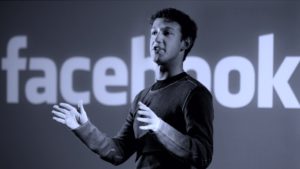We filmed four dozen original interviews while making The Facebook Dilemma. Our reporting team conducted in-depth interviews with current and former Facebook executives, internet activists, government and intelligence officials in the United States and around the world, the digital chief of Donald Trump’s presidential campaign and leading journalists and scholars.
Explore many of these interviews — and see how we used them in the film — in this interactive version of The Facebook Dilemma, part of FRONTLINE’s Transparency Project.
Interviews
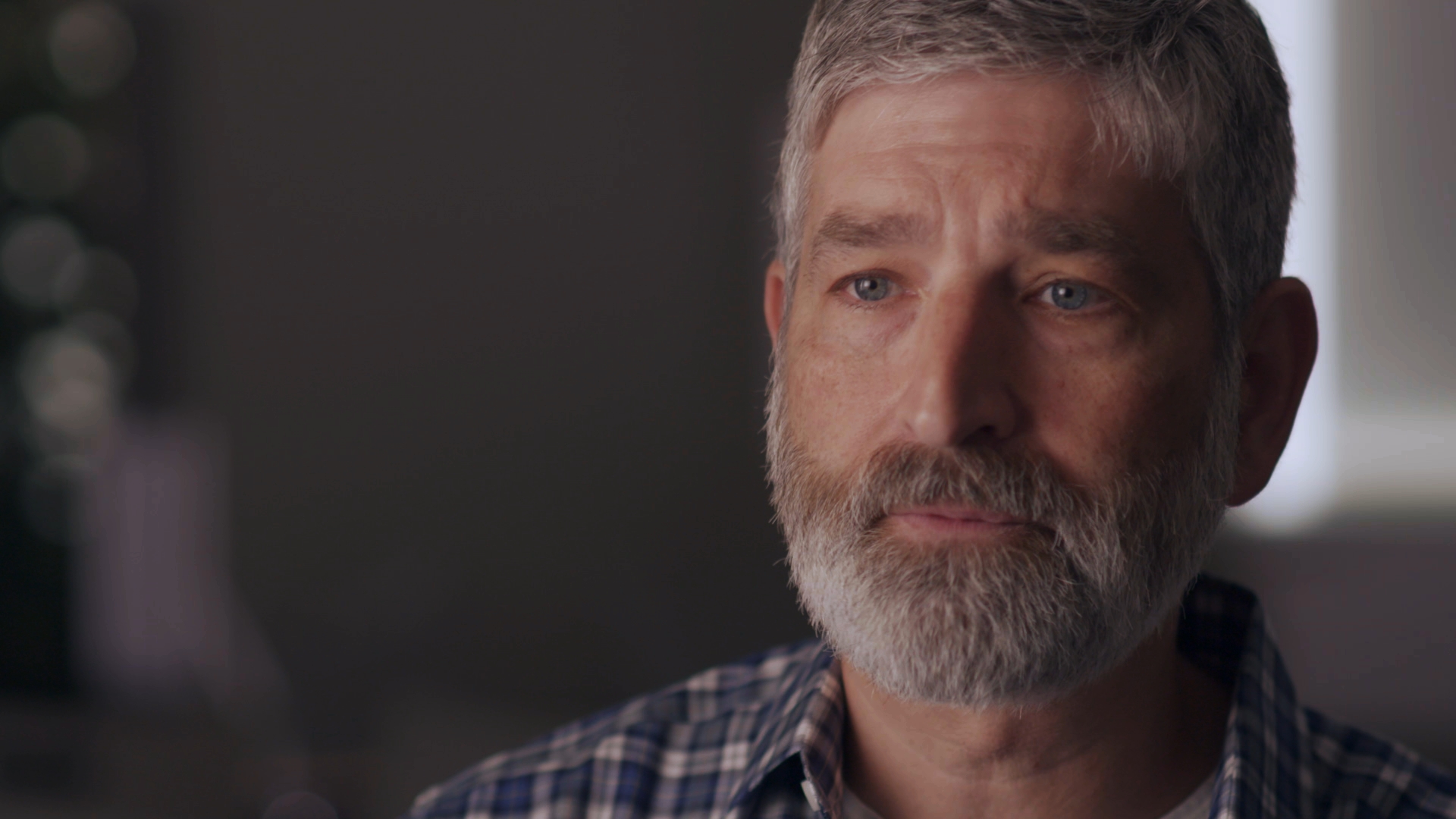
Andrew Anker
Former Facebook Director of Product Management
Video
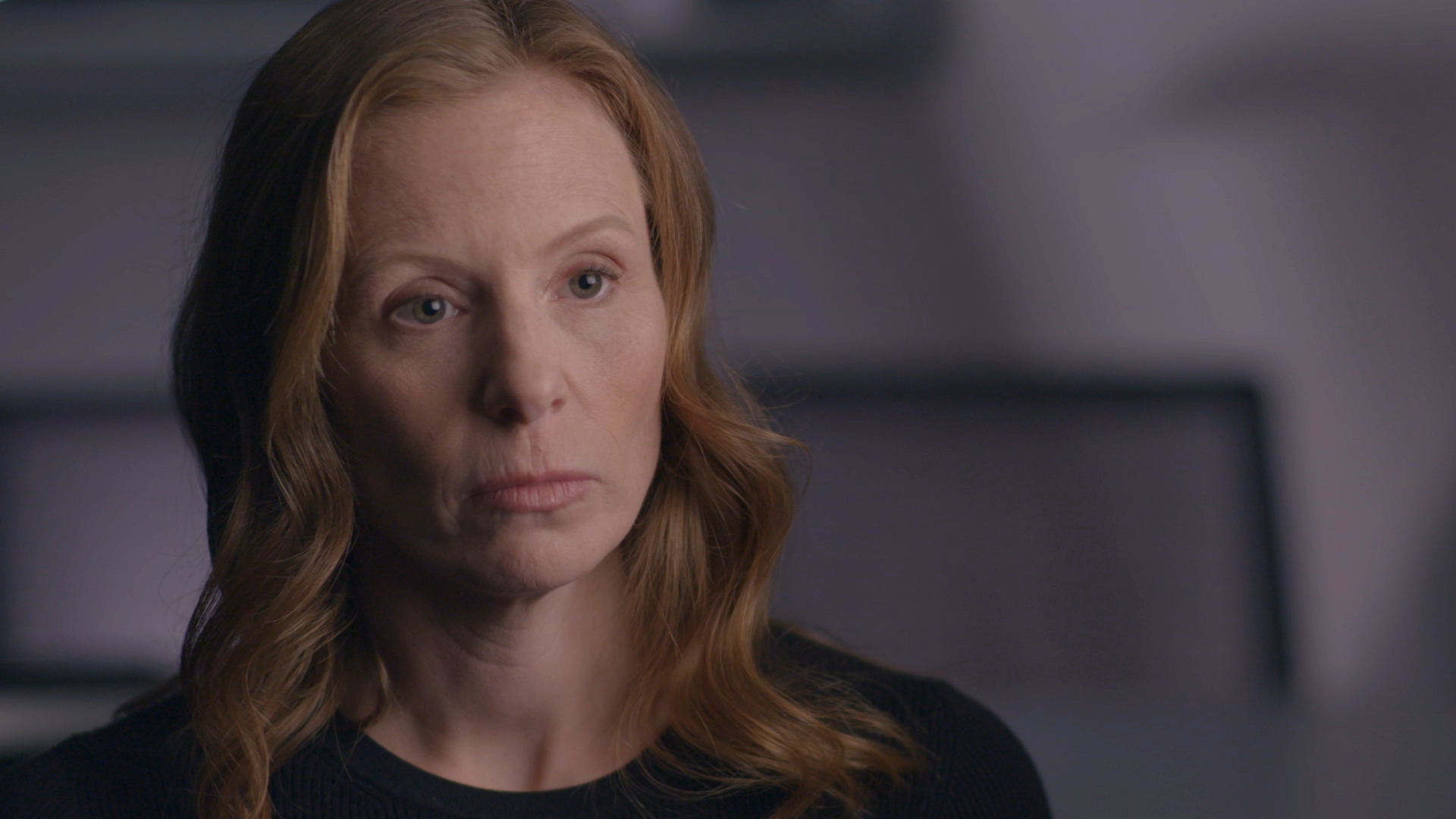
Monika Bickert
Facebook Head of Global Policy Mgt.
Video
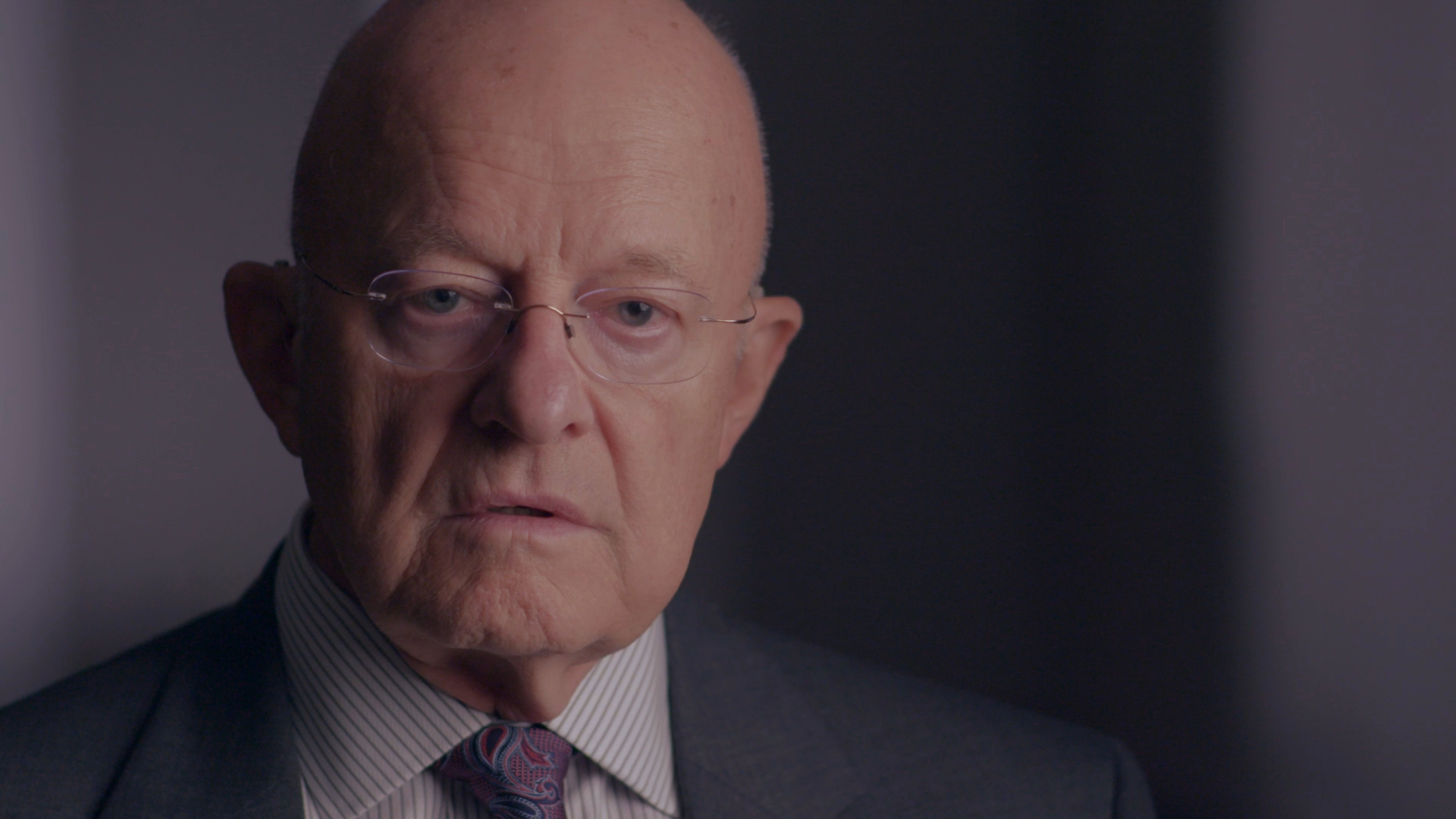
James Clapper
Former Director of National Intelligence
Text
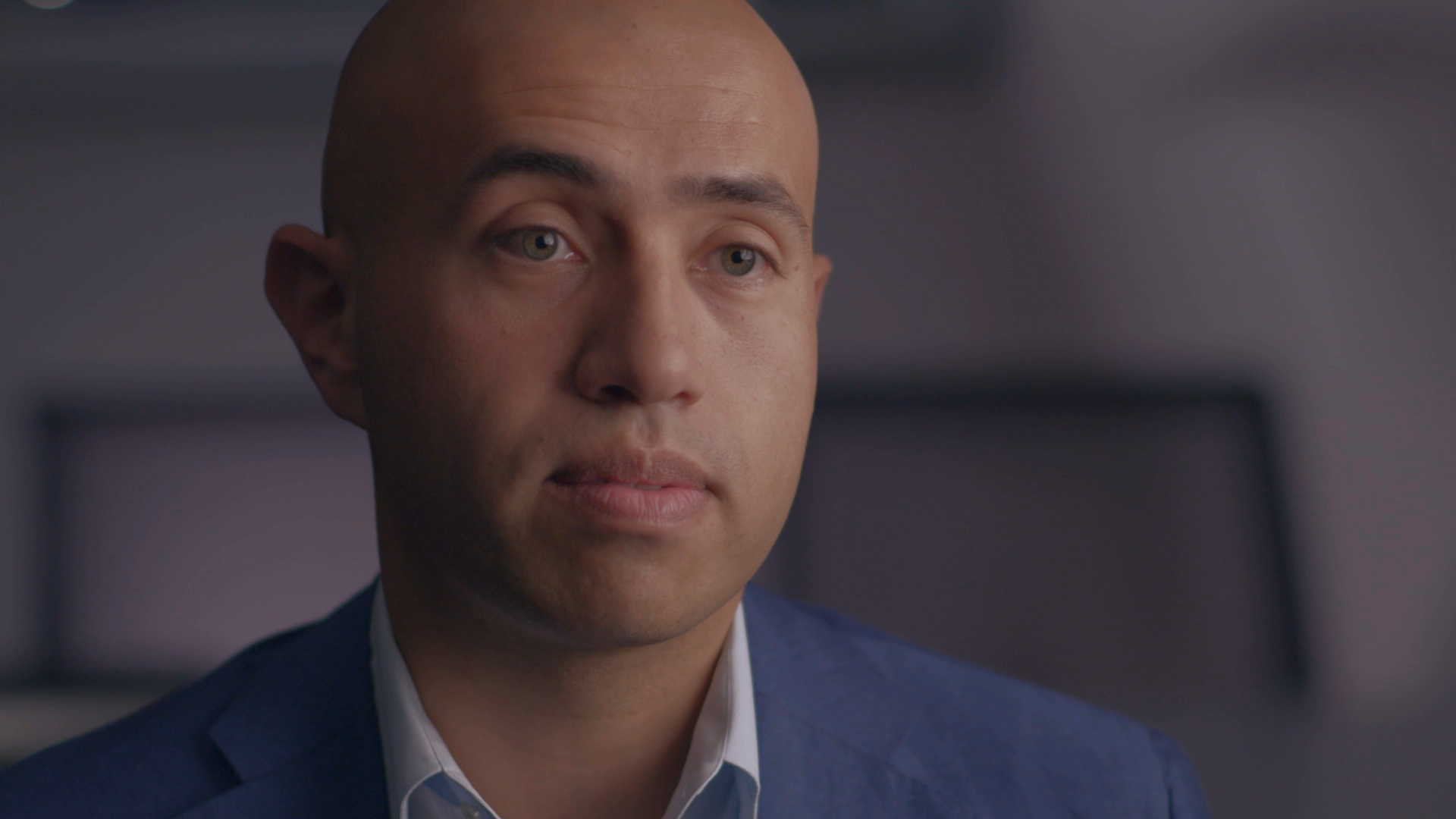
Soleio Cuervo
Former Facebook Product Designer
Video
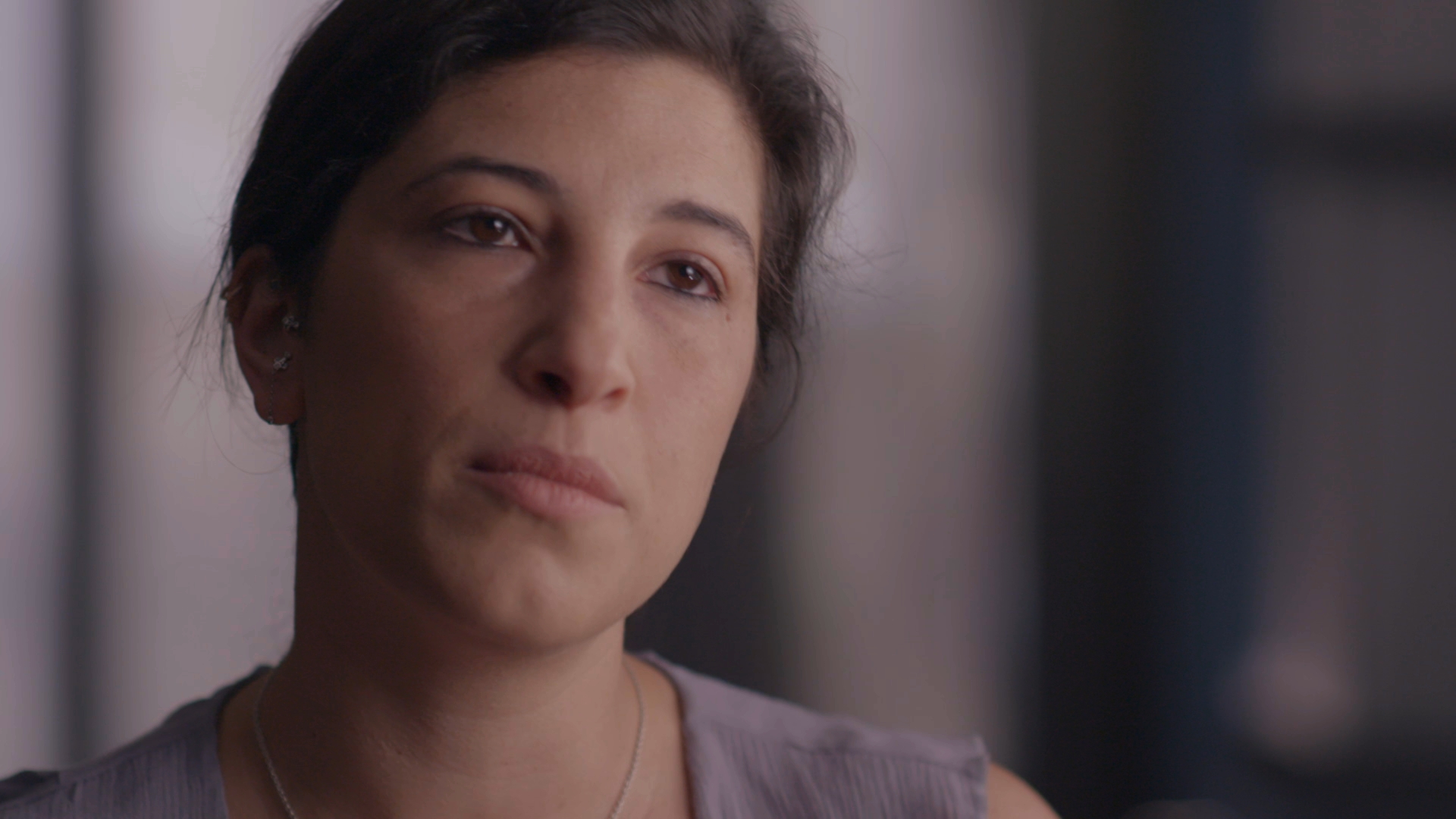
Renee DiResta
Data for Democracy
Text
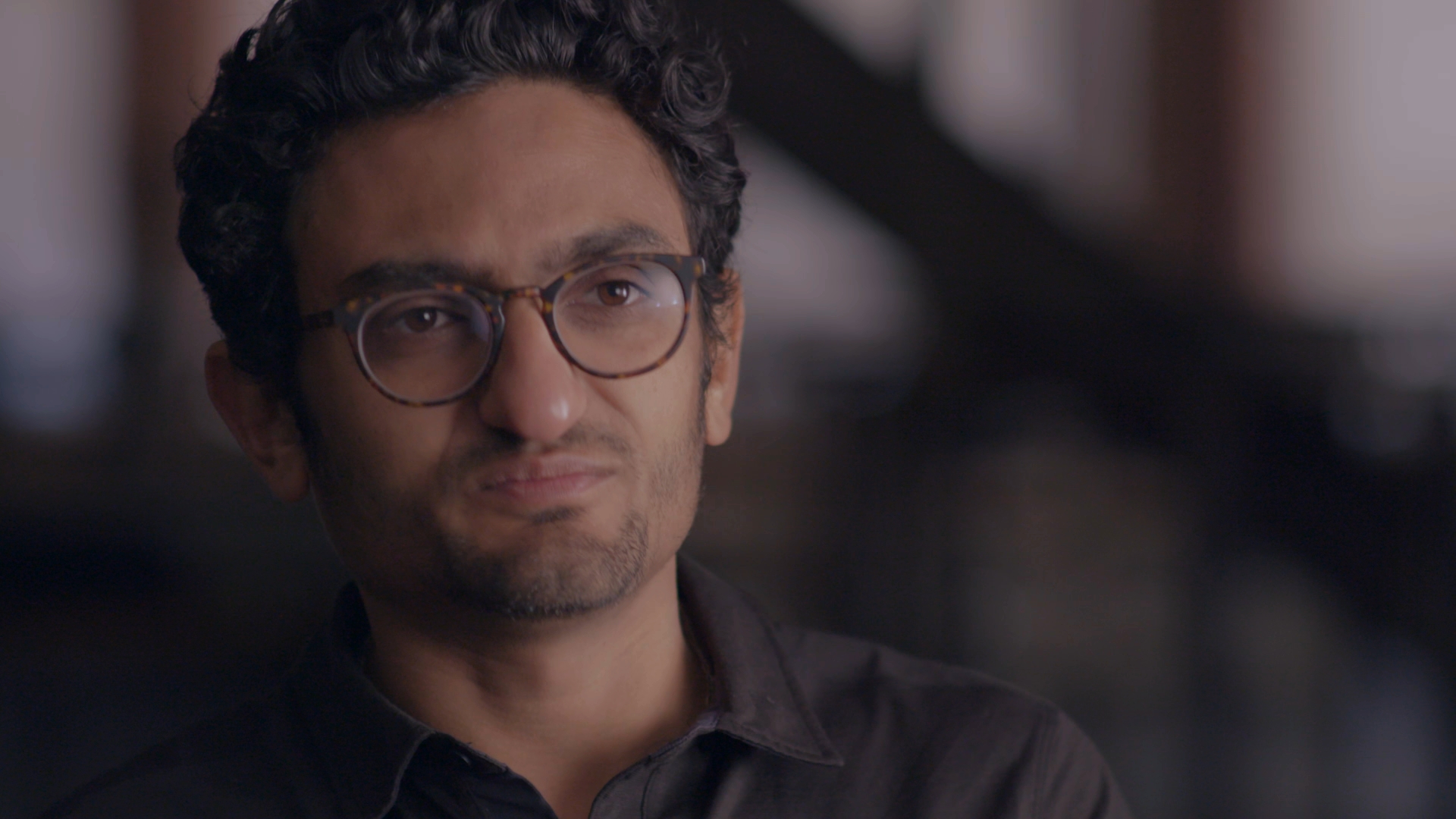
Wael Ghonim
Arab Spring activist
Video
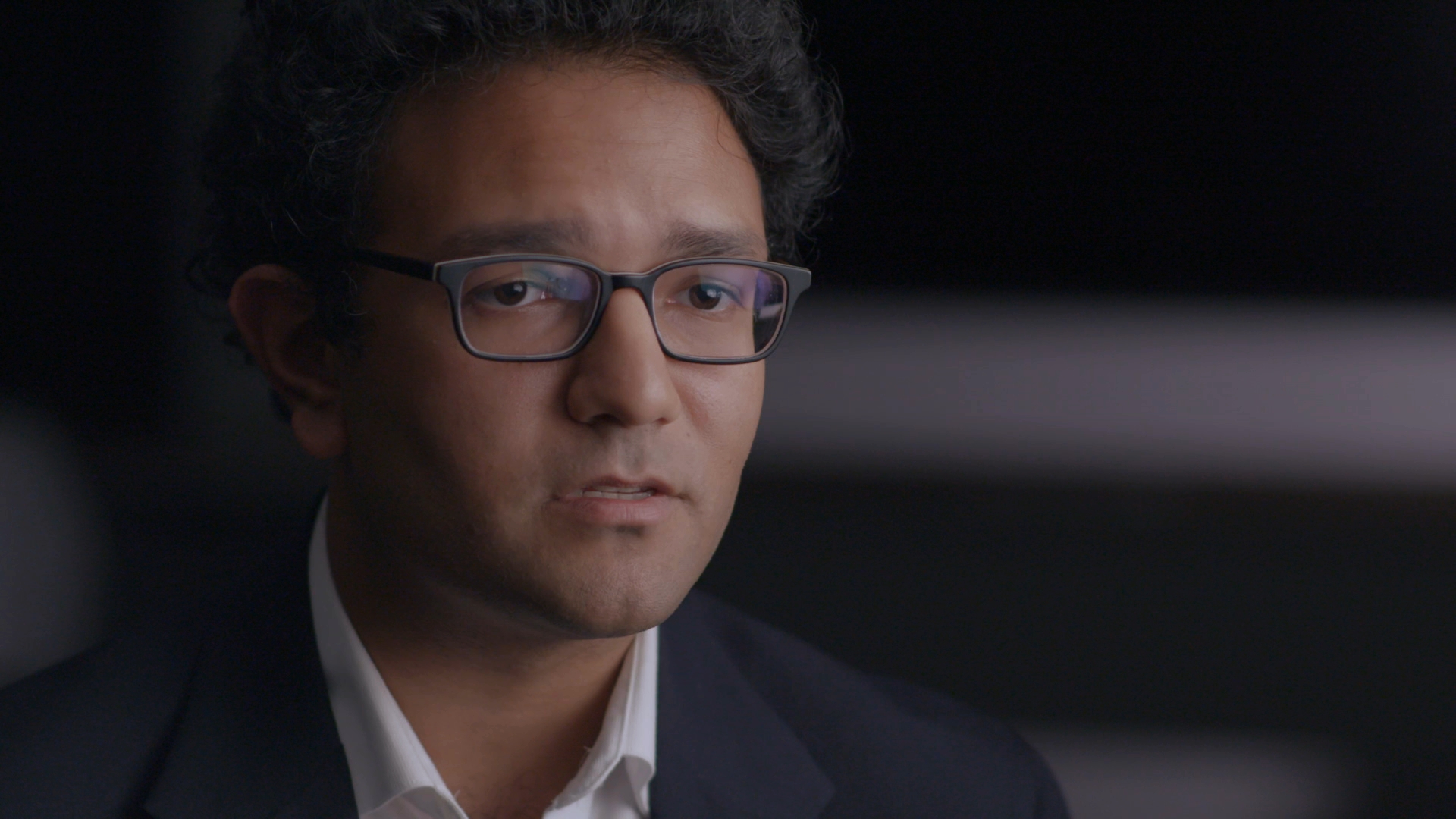
Dipayan Ghosh
Former Facebook Privacy and Public Policy Advisor
Text
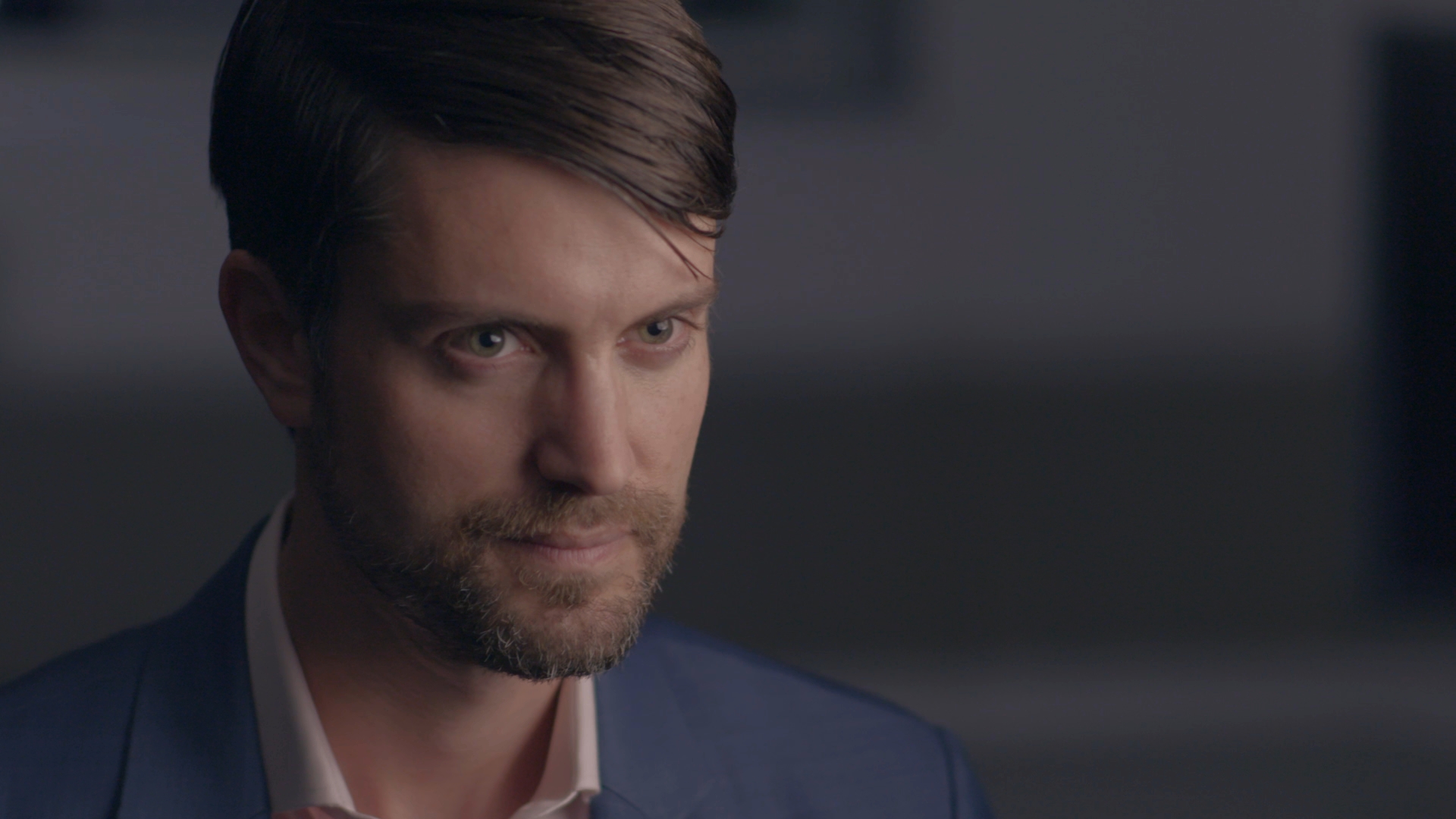
Nathaniel Gleicher
Facebook Head of Cybersecurity Policy
Video
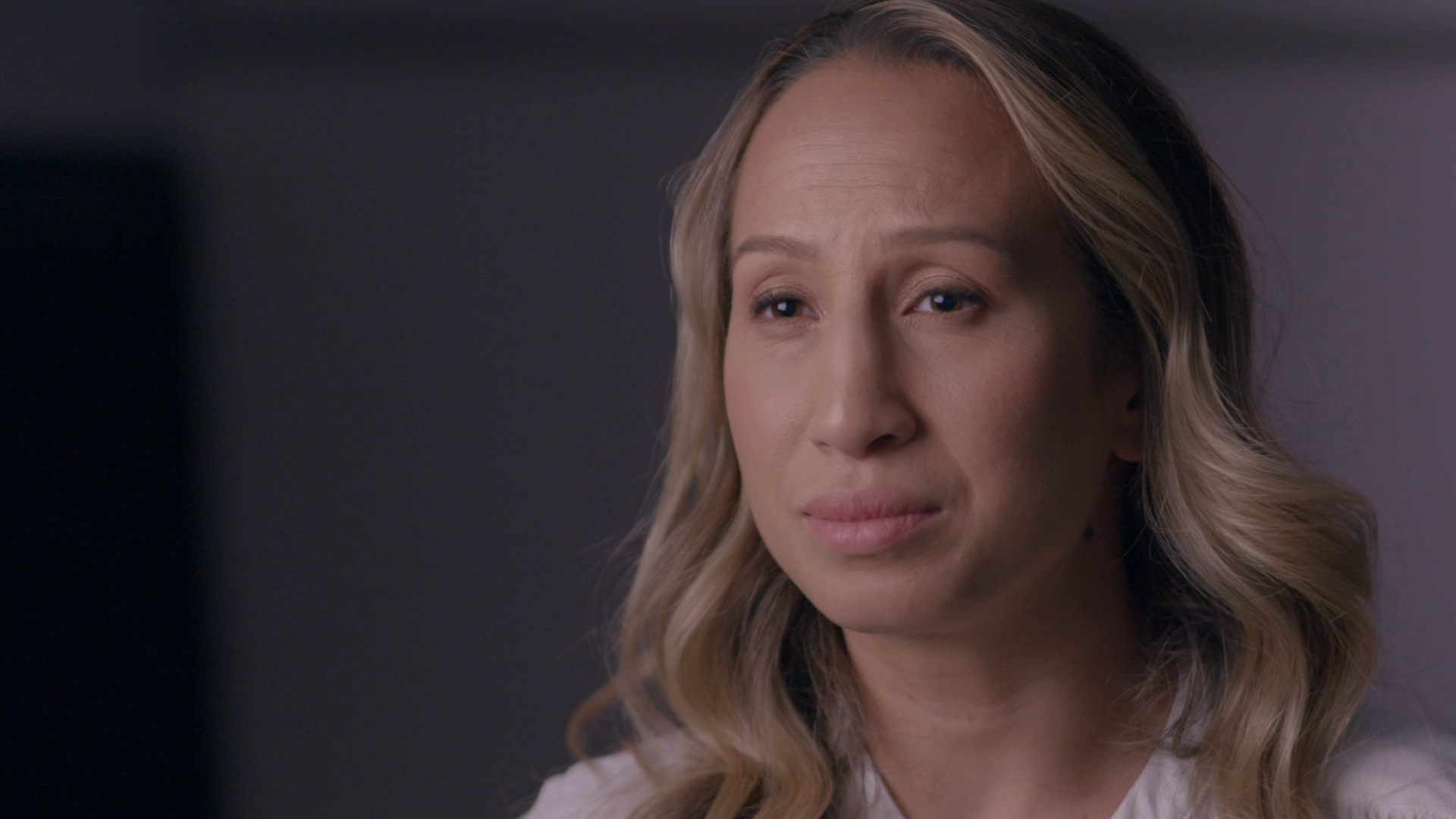
Naomi Gleit
Facebook VP of Social Good
Video
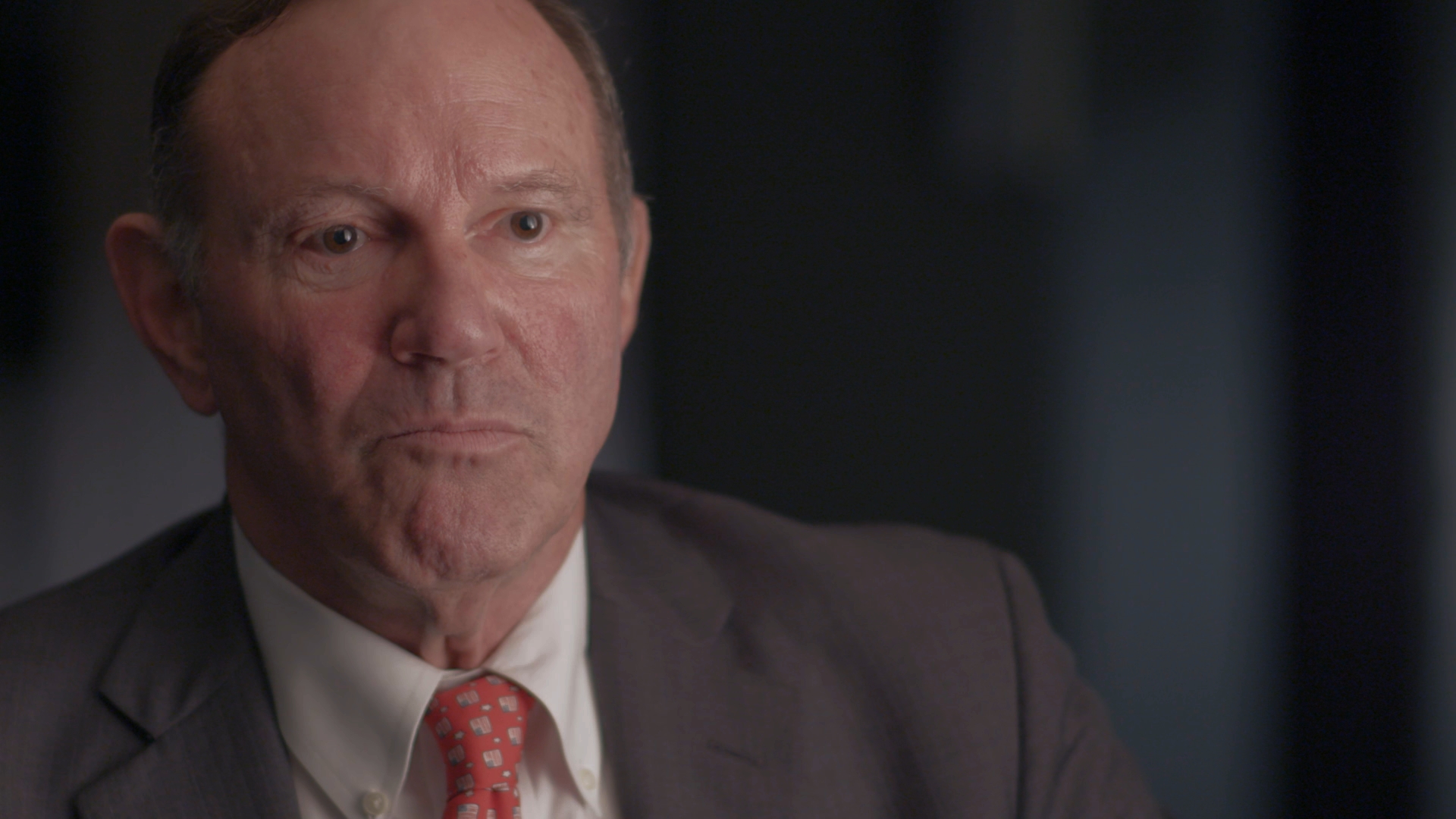
Donald Graham
Former member of Facebook's Board of Directors
Text
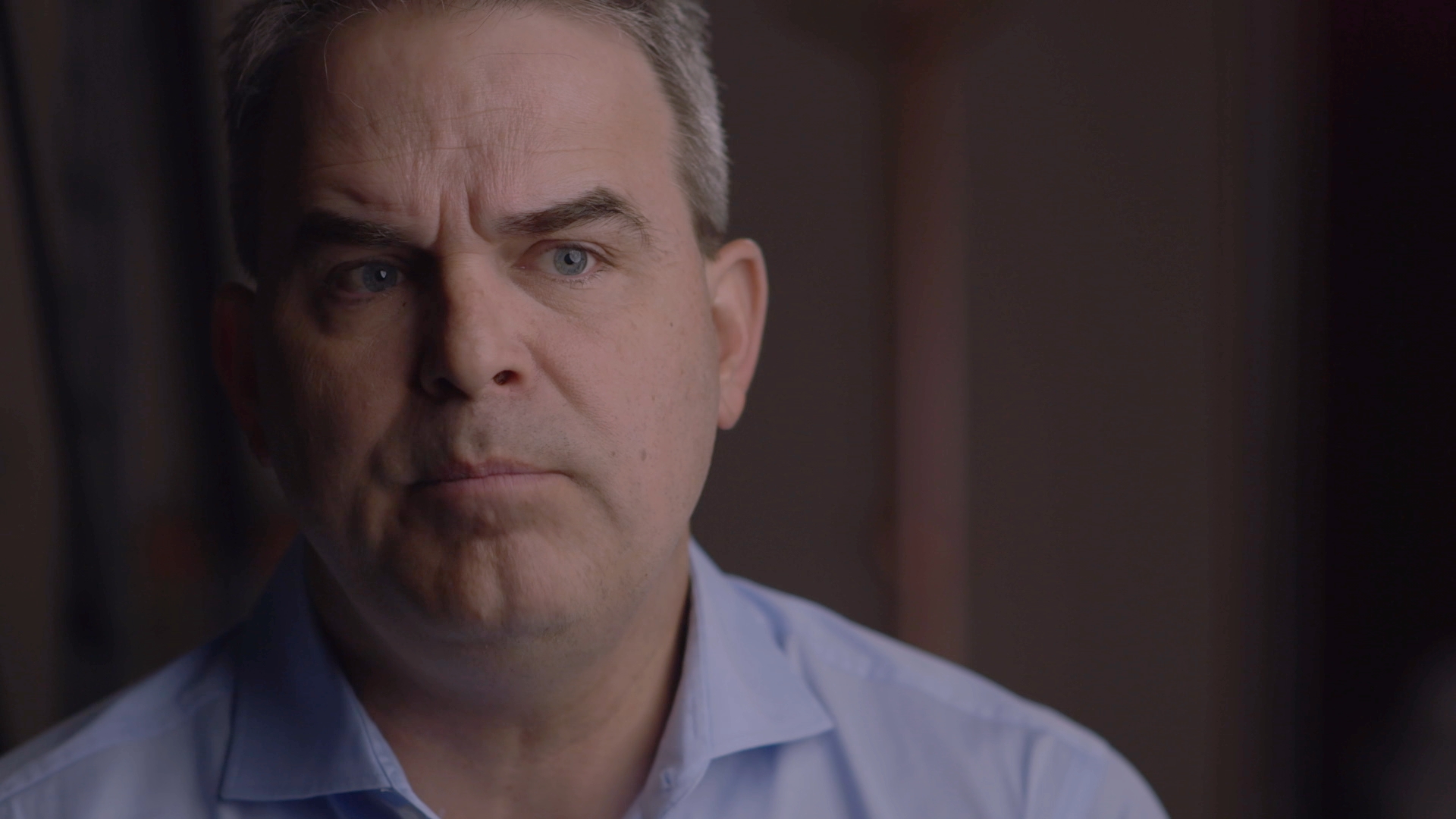
Mike Hoefflinger
Former Facebook Director of Global Business Marketing
Text
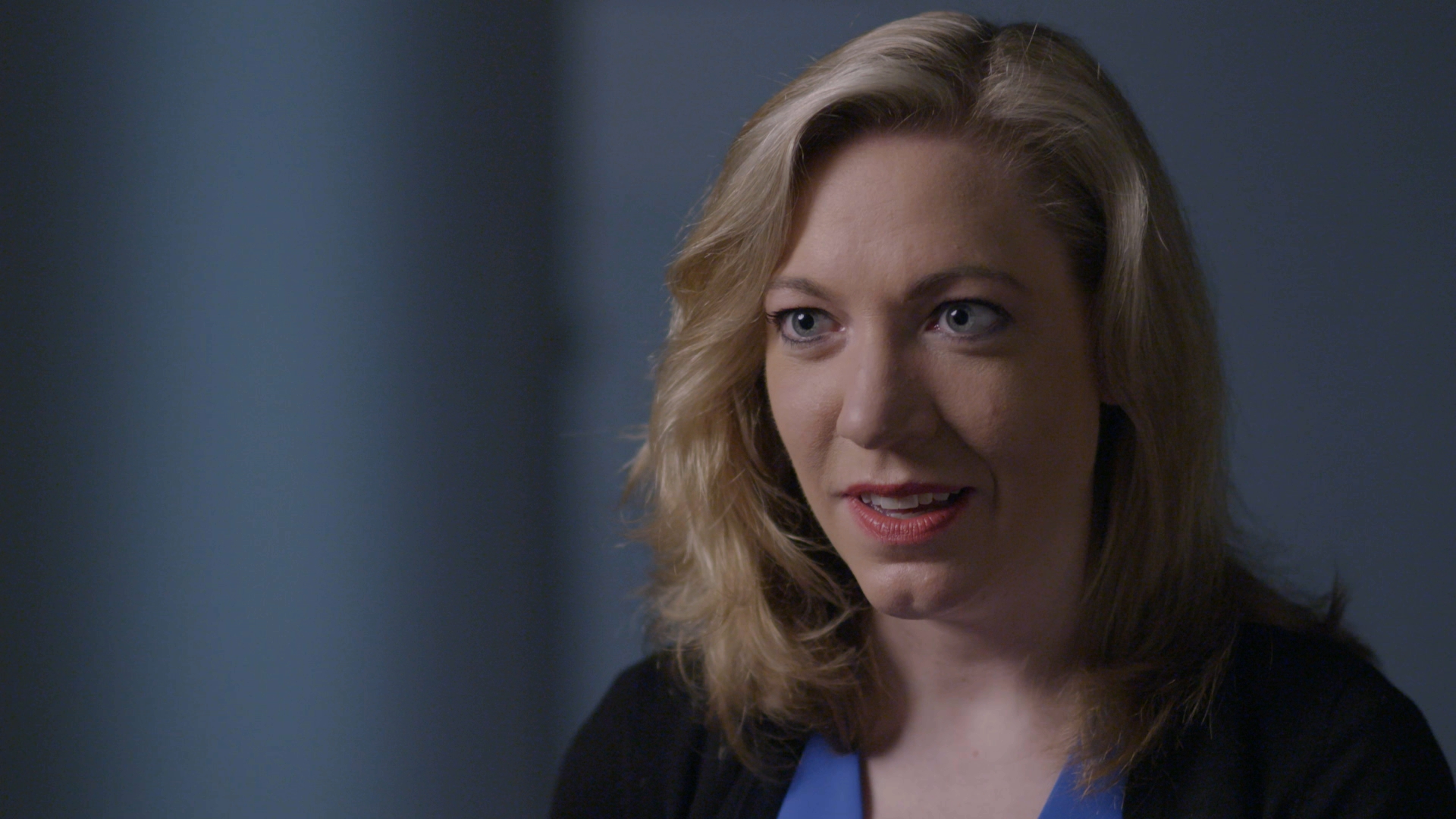
Elizabeth Linder
Former Facebook Politics & Government Specialist
Video
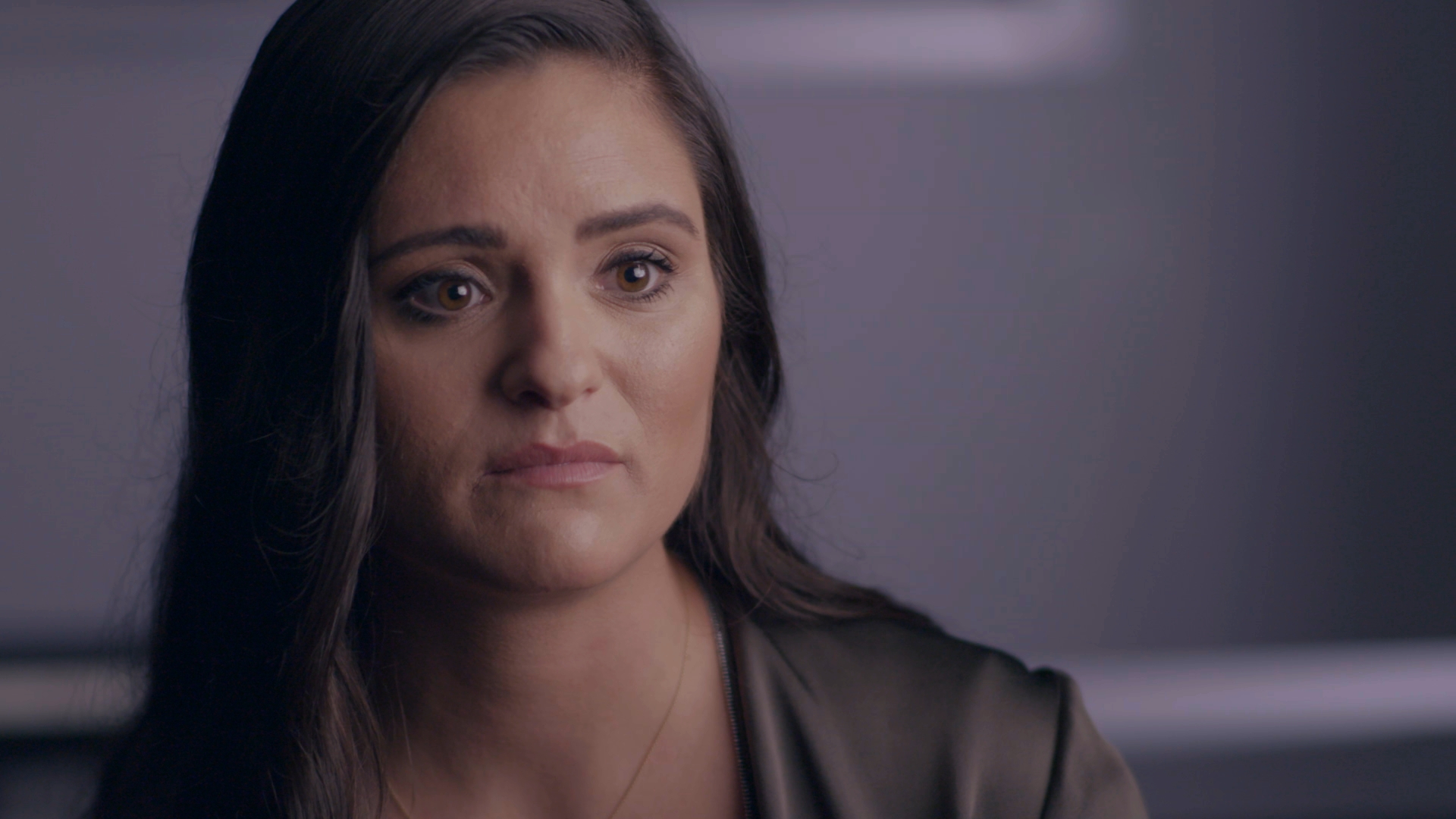
Tessa Lyons
Facebook Product Manager
Video
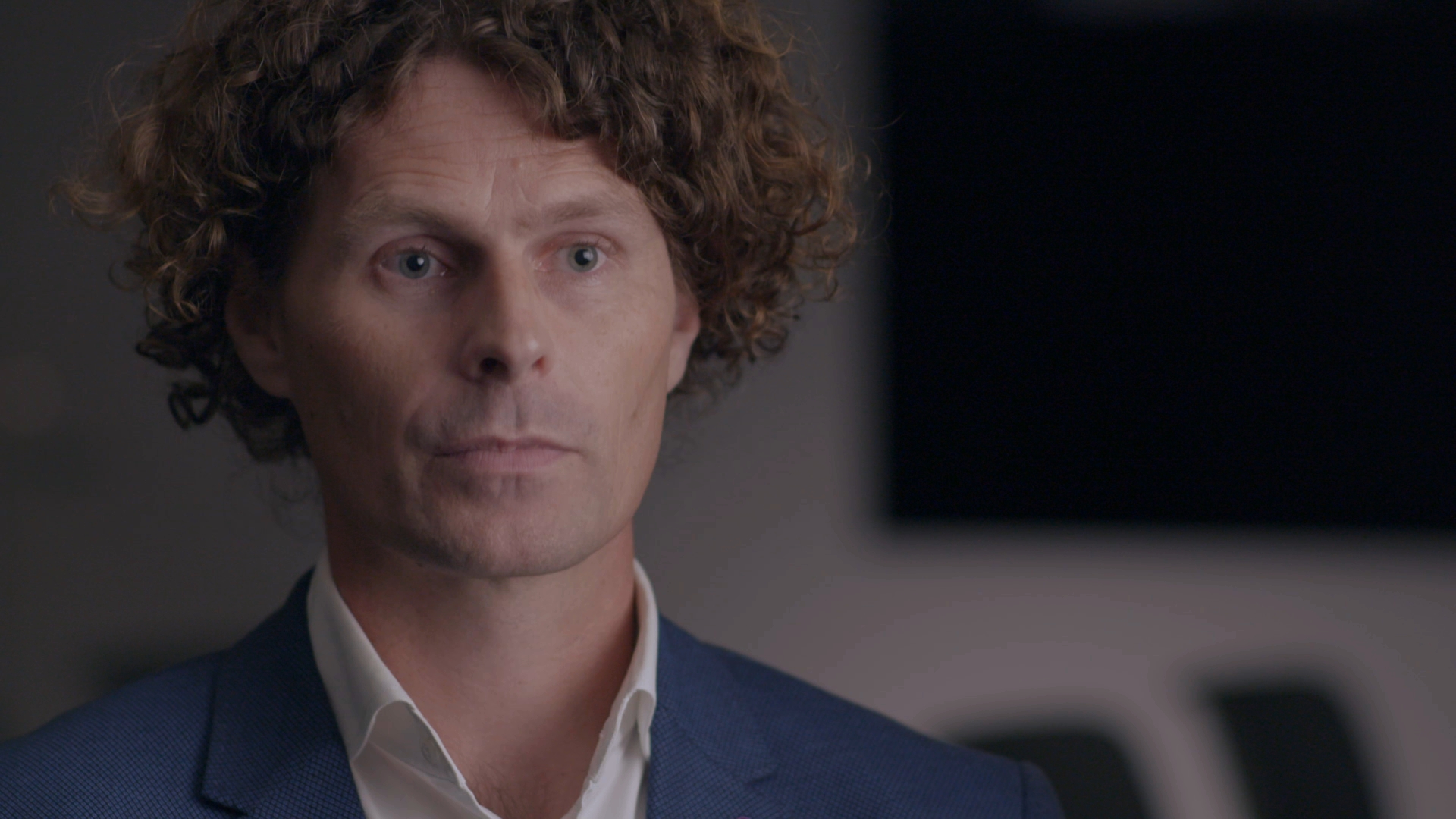
David Madden
Tech entrepreneur
Video
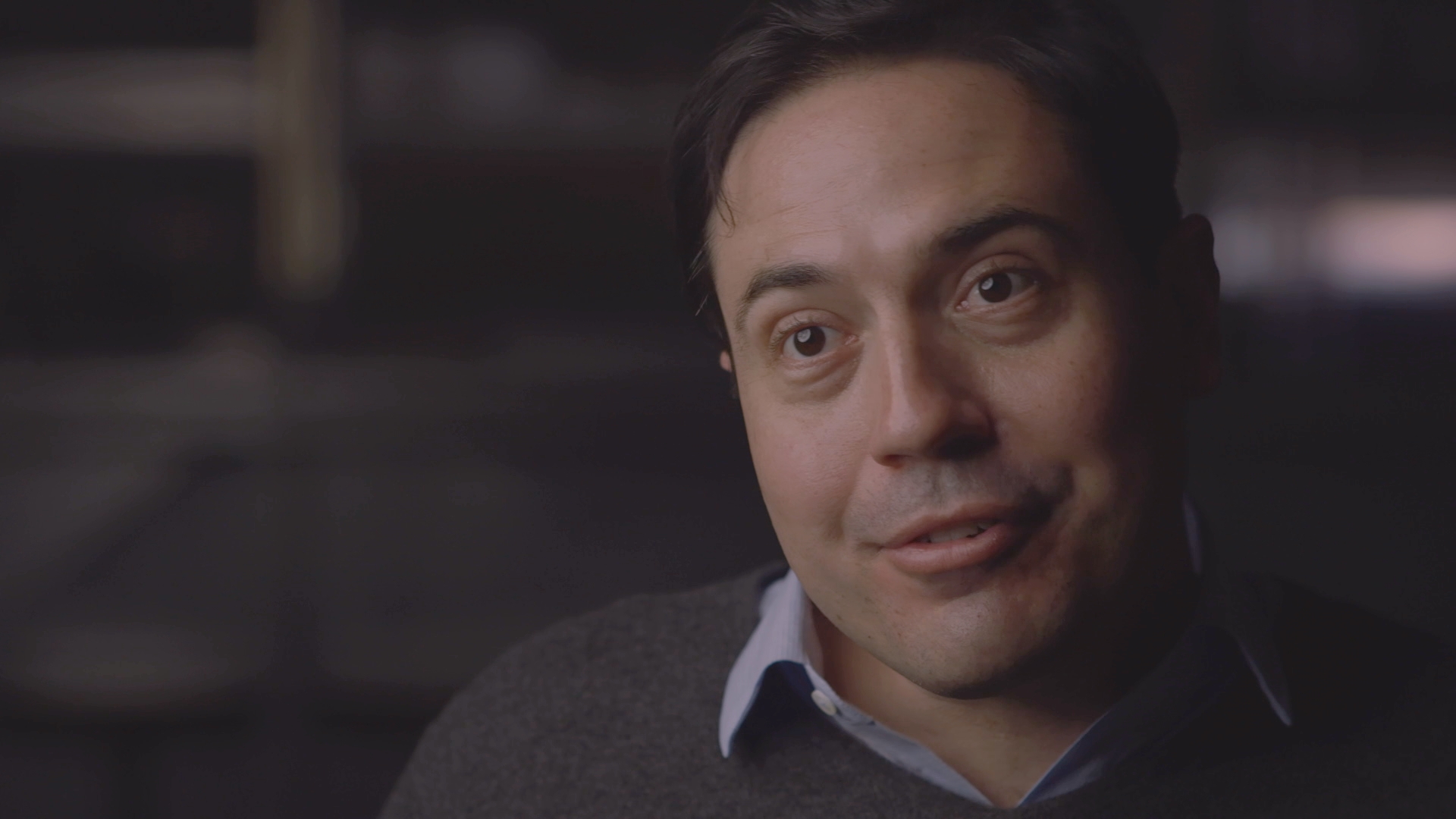
Antonio García Martínez
Former Facebook Product Manager
Text
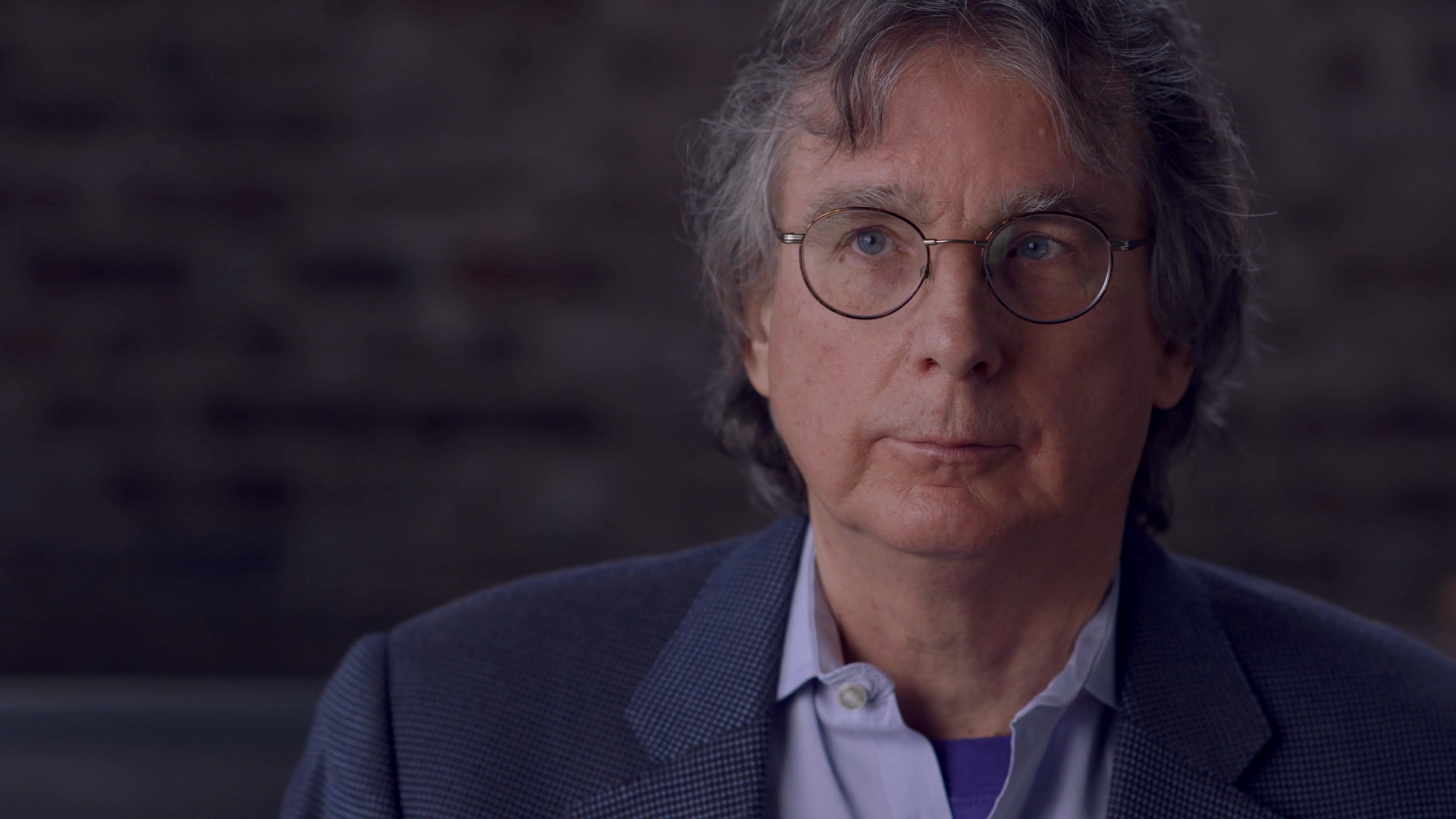
Roger McNamee
Early Facebook investor
Text
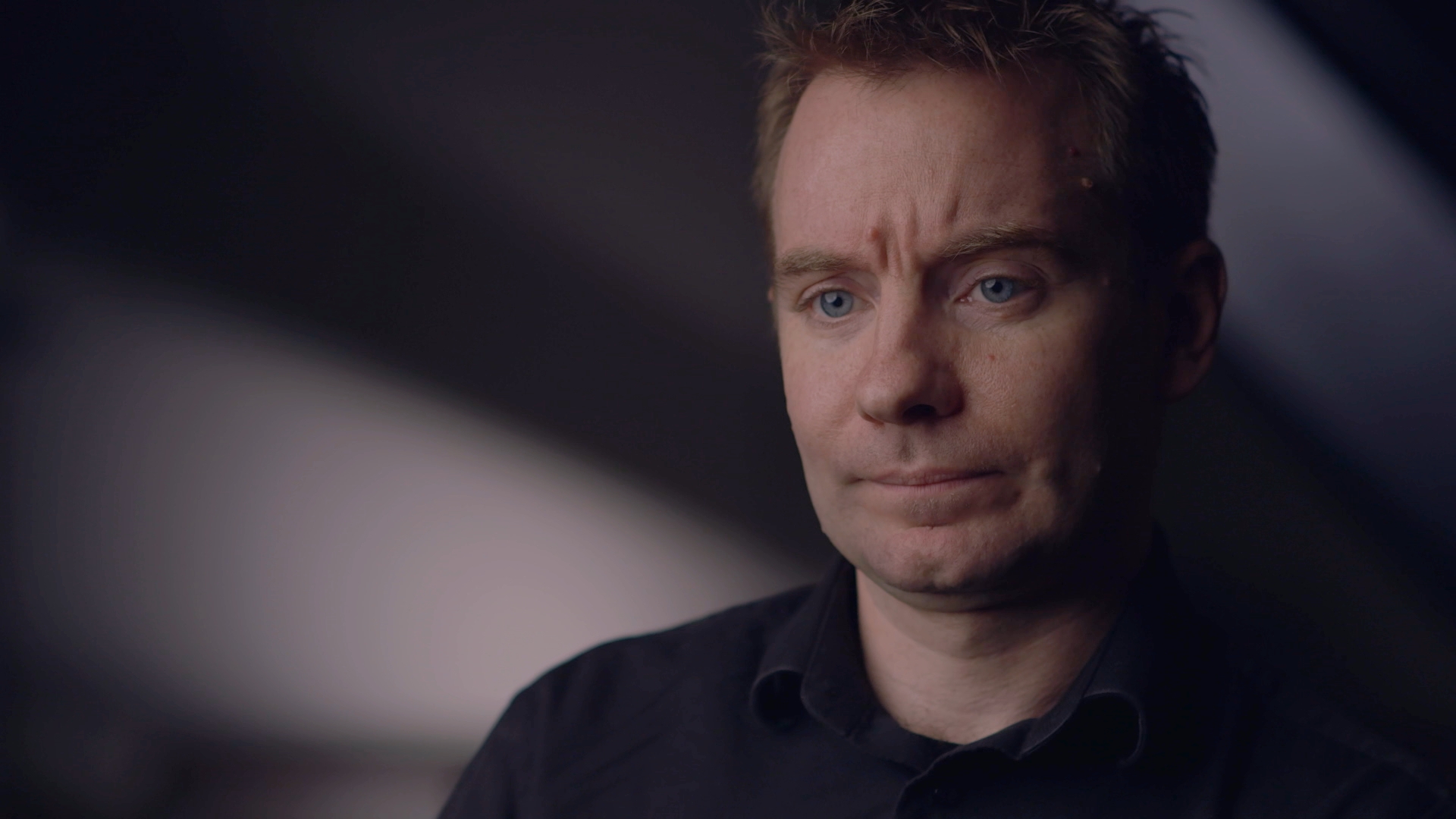
Sandy Parakilas
Former Facebook Platform Operations Manager
Text
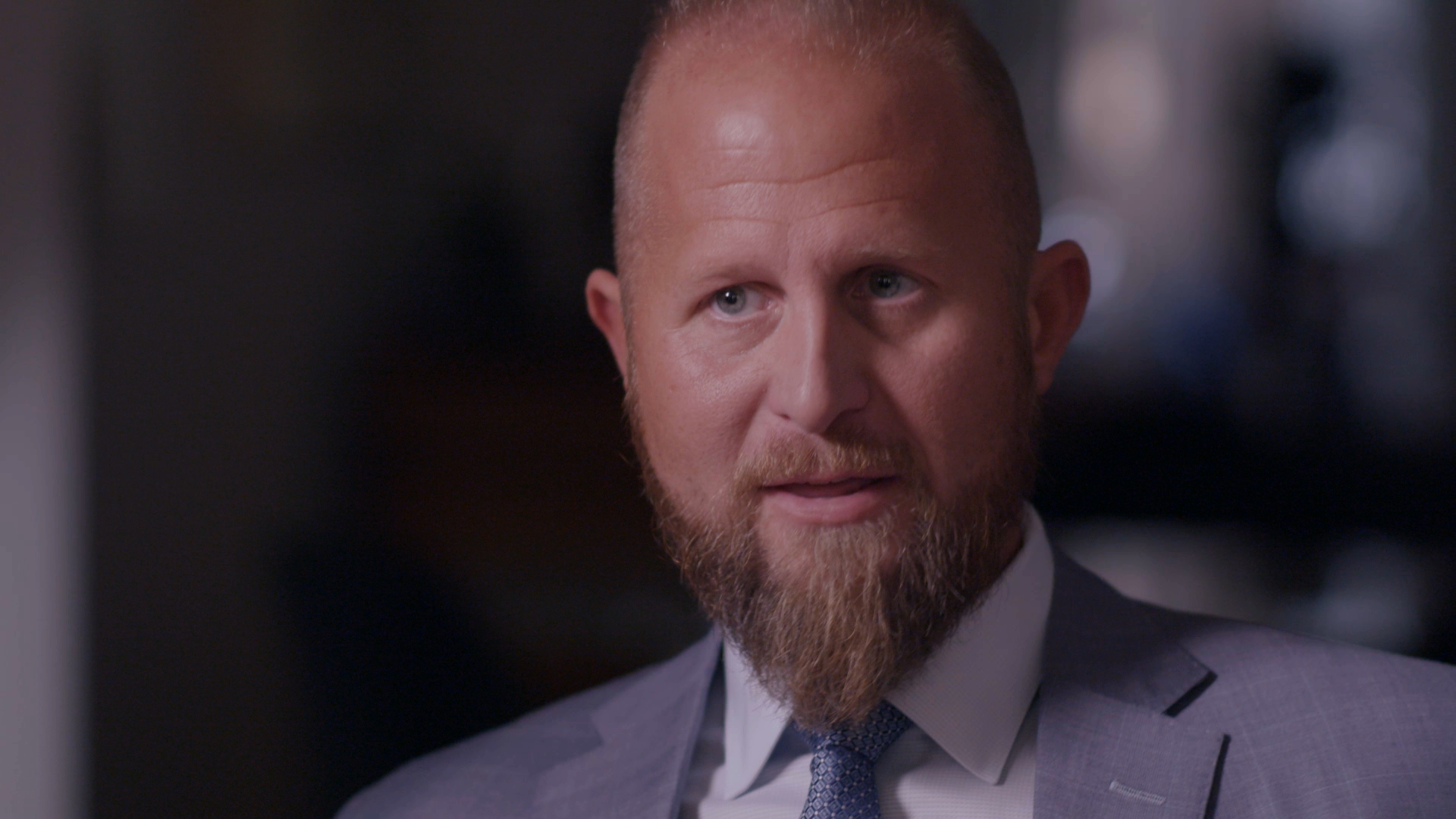
Brad Parscale
Trump 2016 Digital Media Director
Video
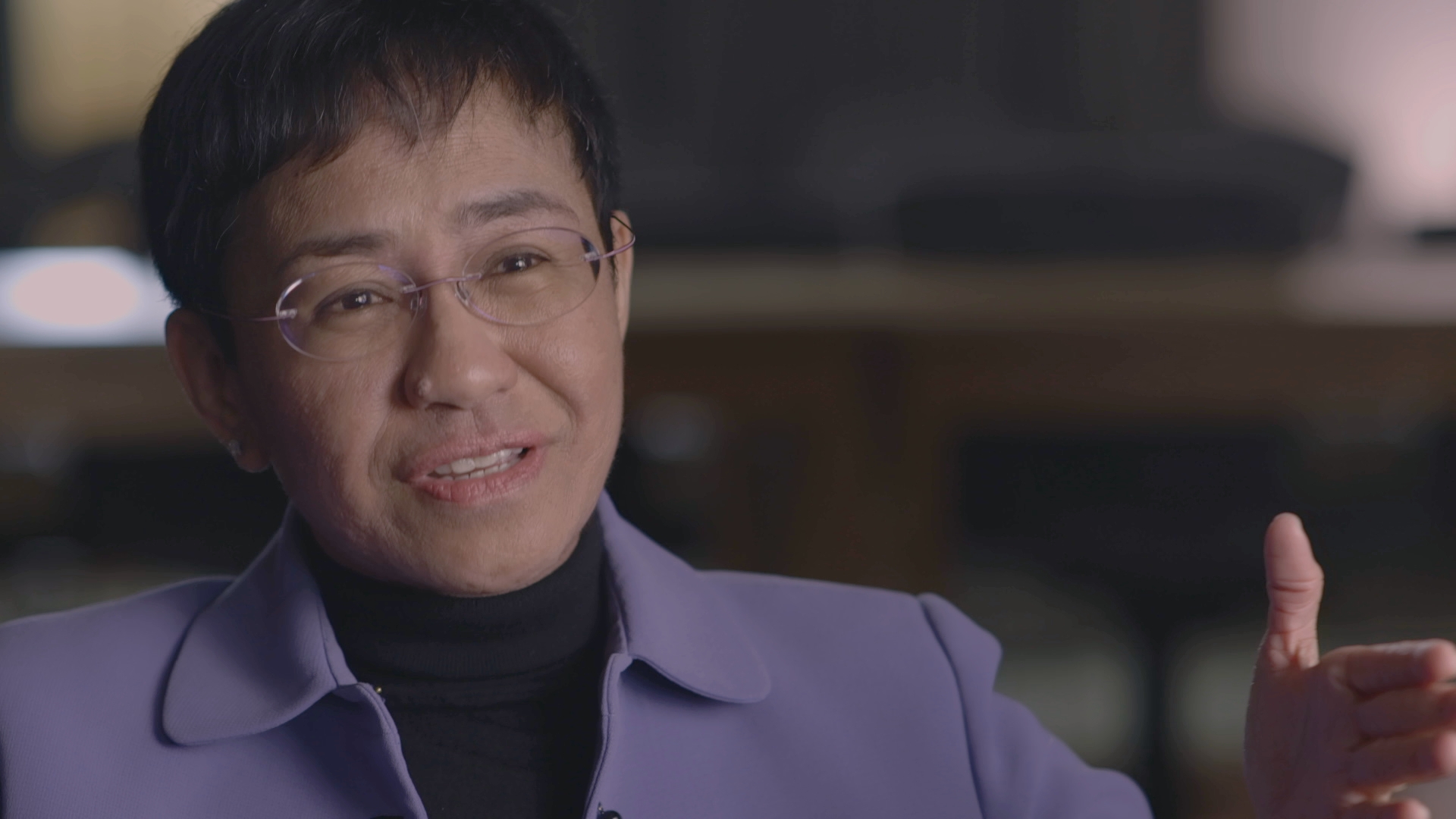
Maria Ressa
Exec. Director, Rappler Media
Text
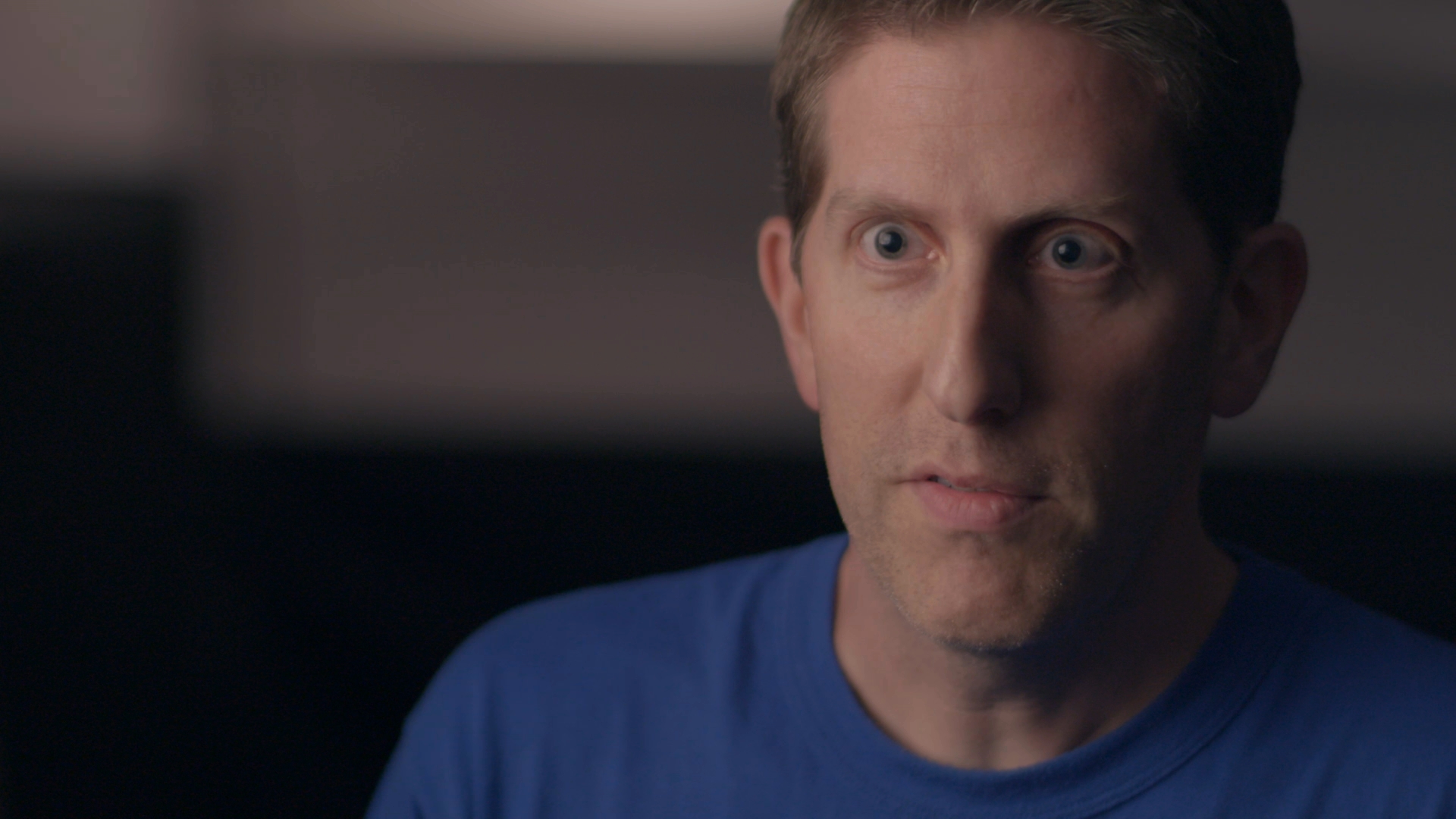
Guy Rosen
Facebook VP of Product Management
Video
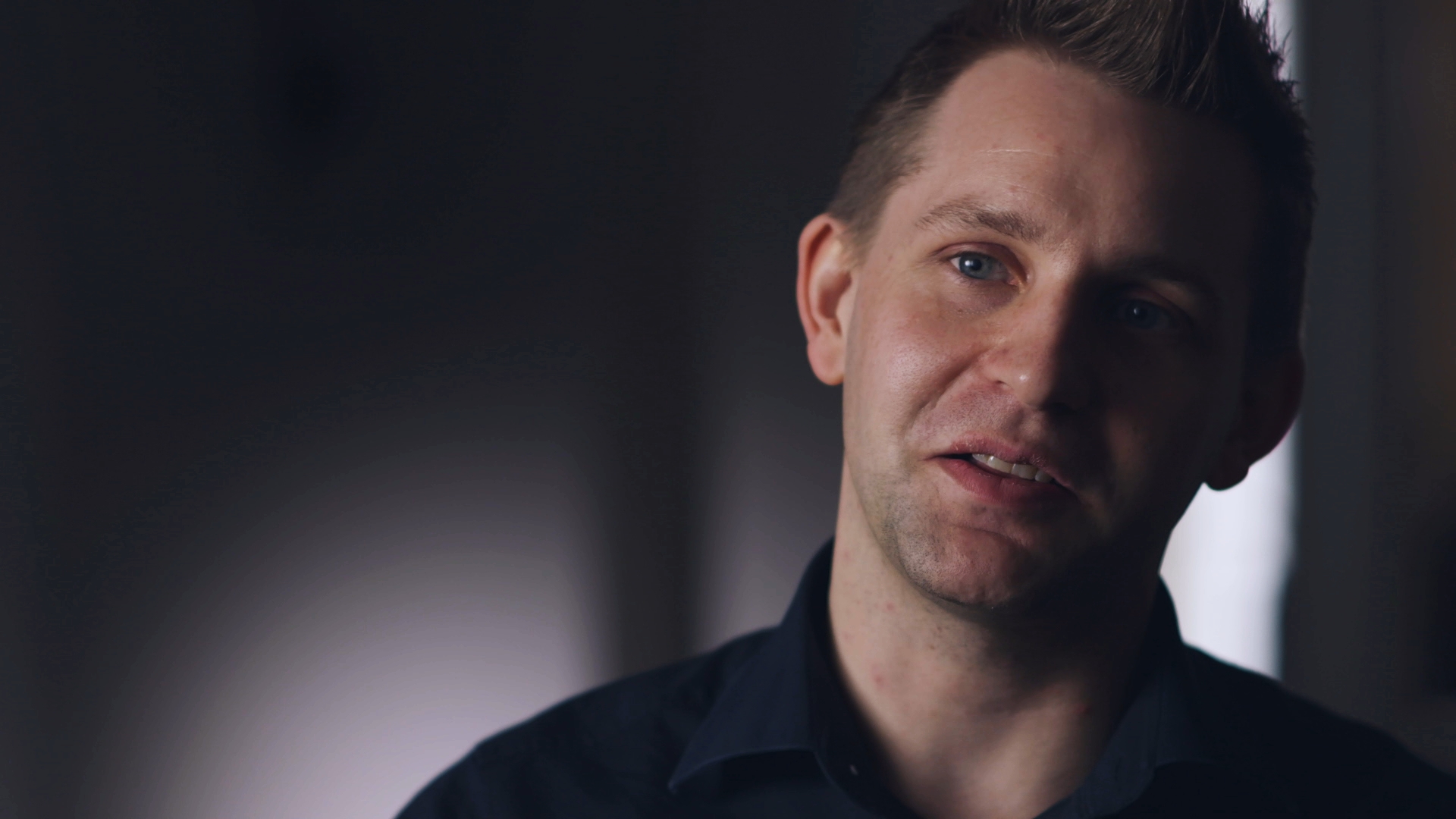
Max Schrems
Privacy advocate
Text
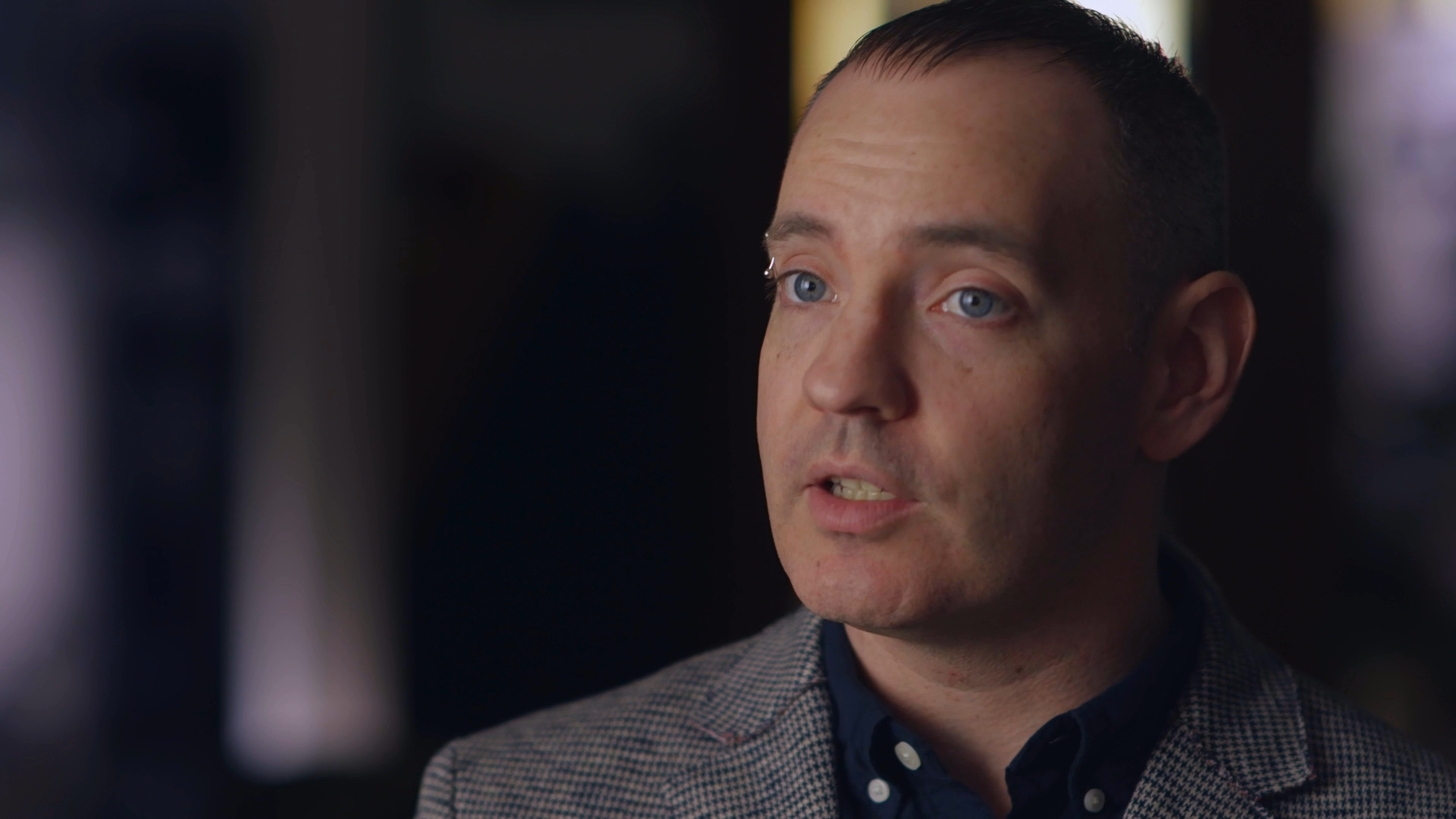
Craig Silverman
BuzzFeed
Text
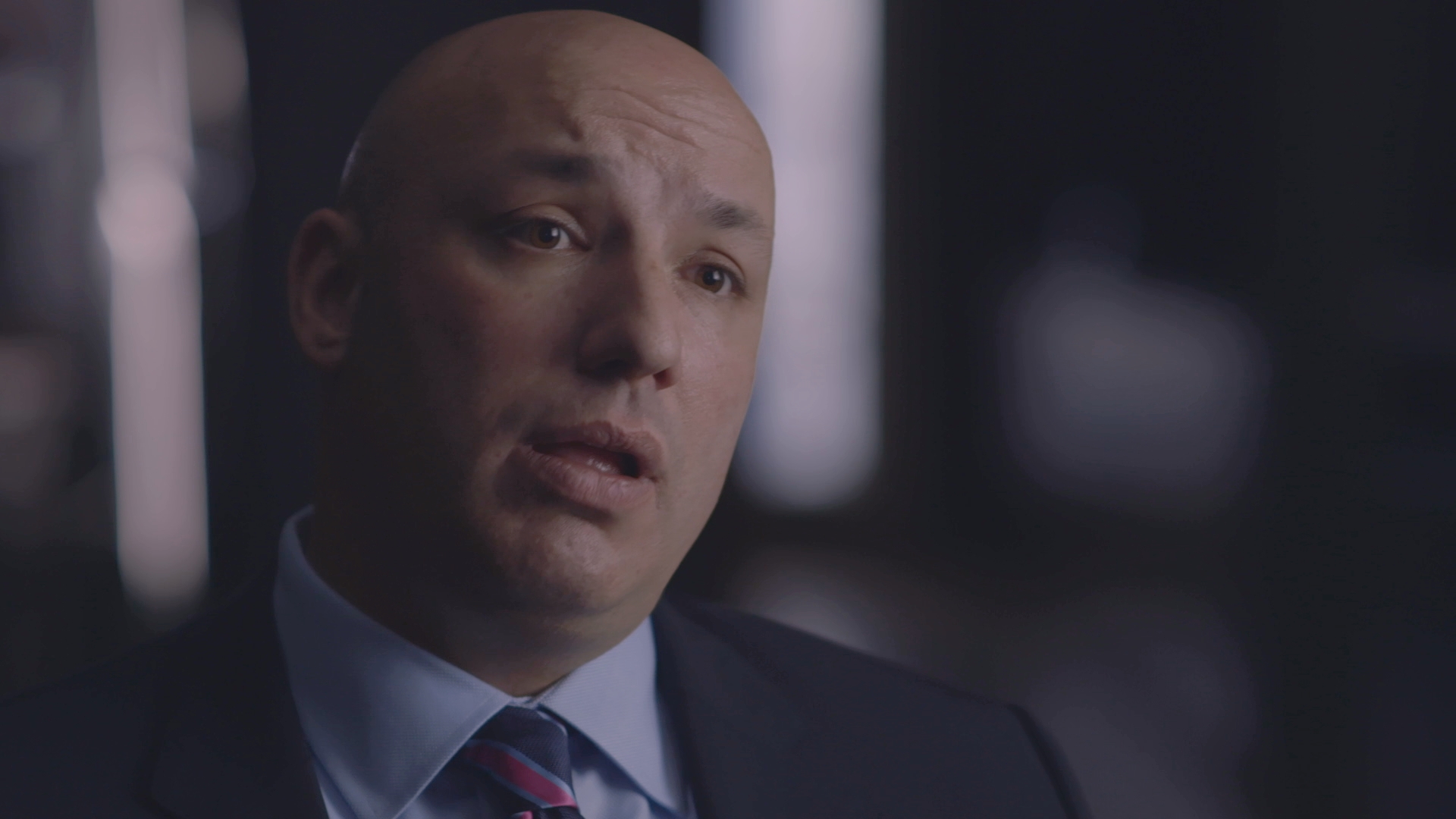
Tim Sparapani
Former Facebook Director of Policy
Text
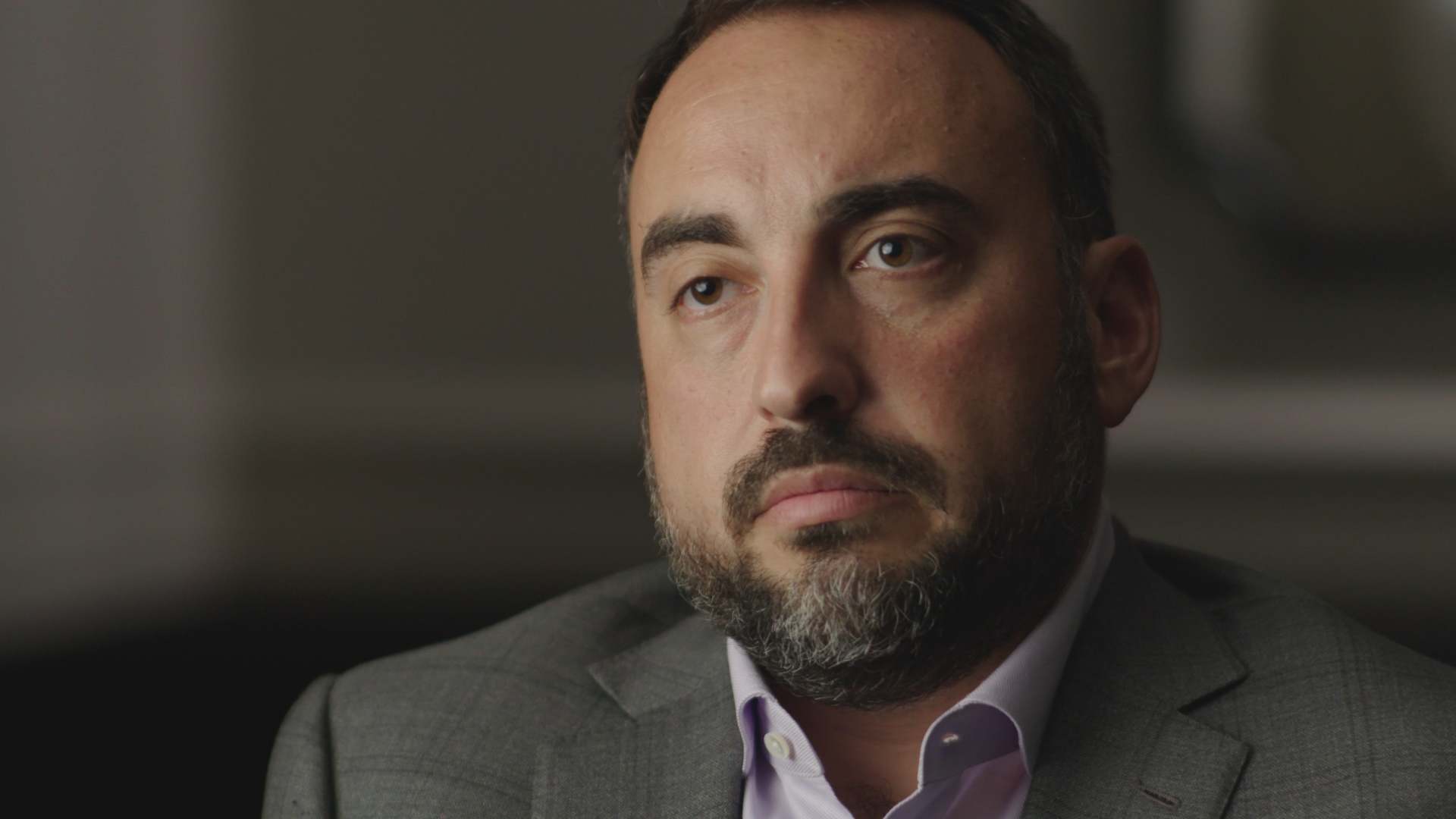
Alex Stamos
Former Facebook Chief Security Officer
Video
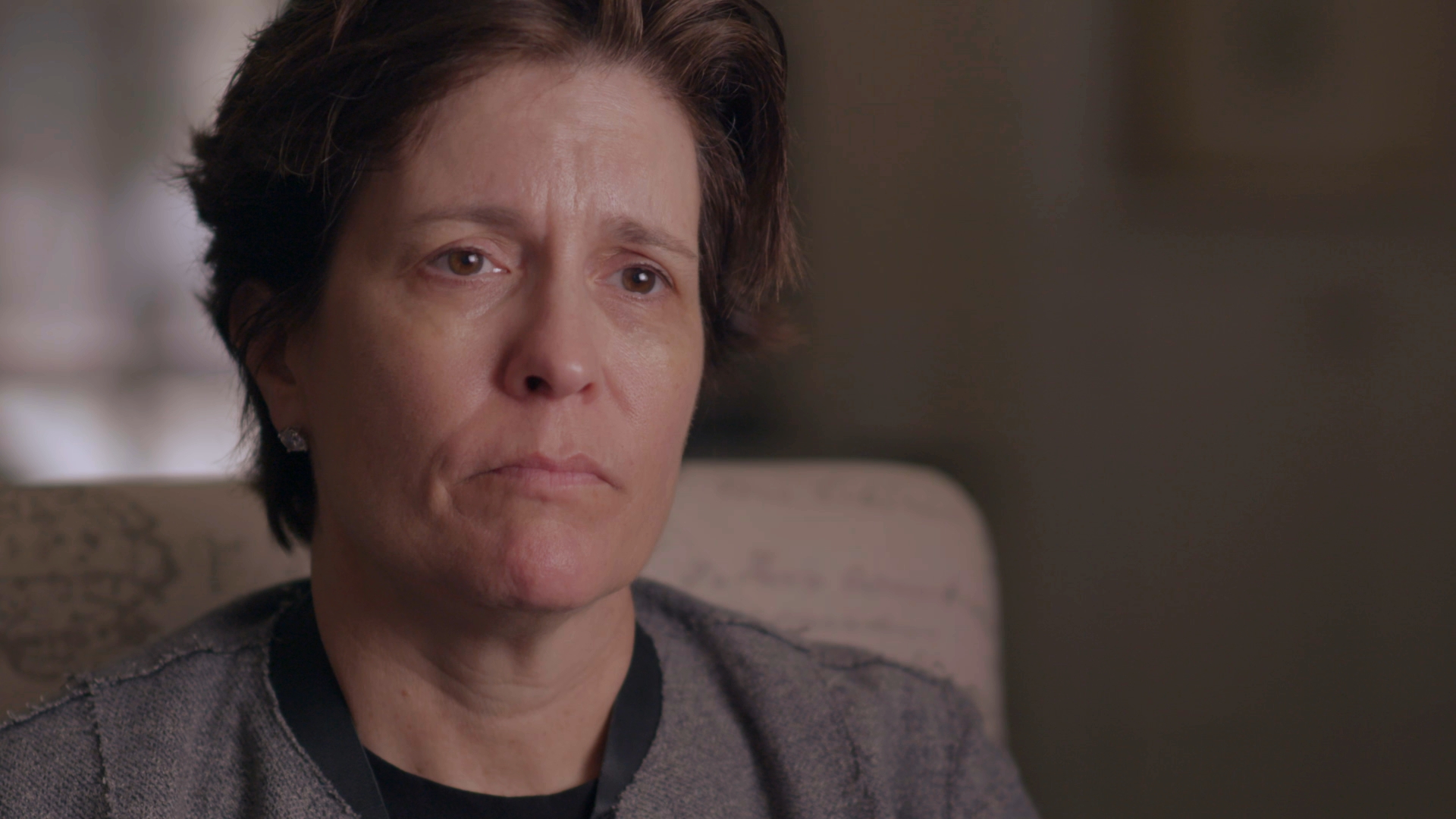
Kara Swisher
Exec. Editor, Recode Media
Text
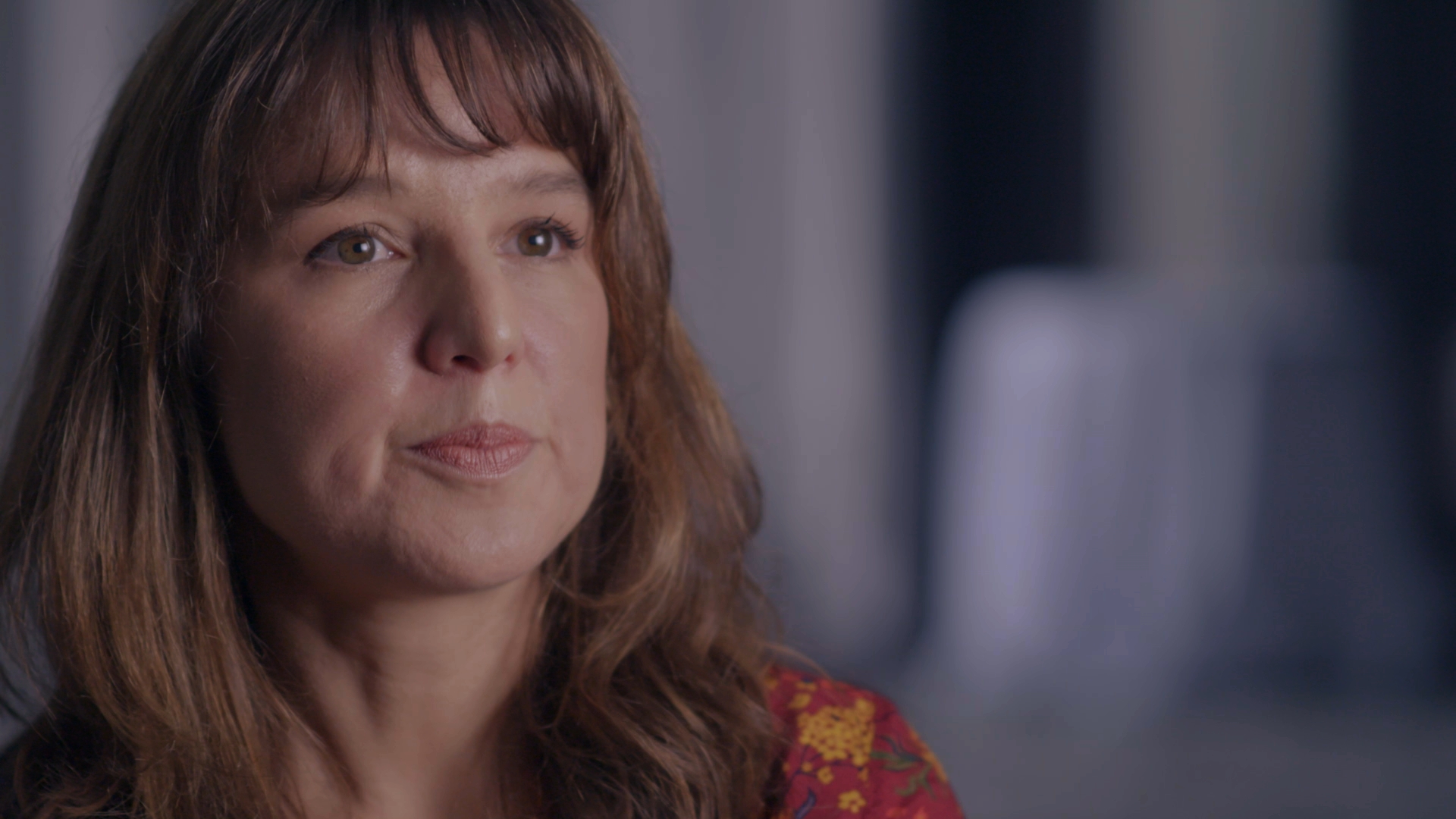
Zeynep Tufekci
UNC Chapel Hill
Text
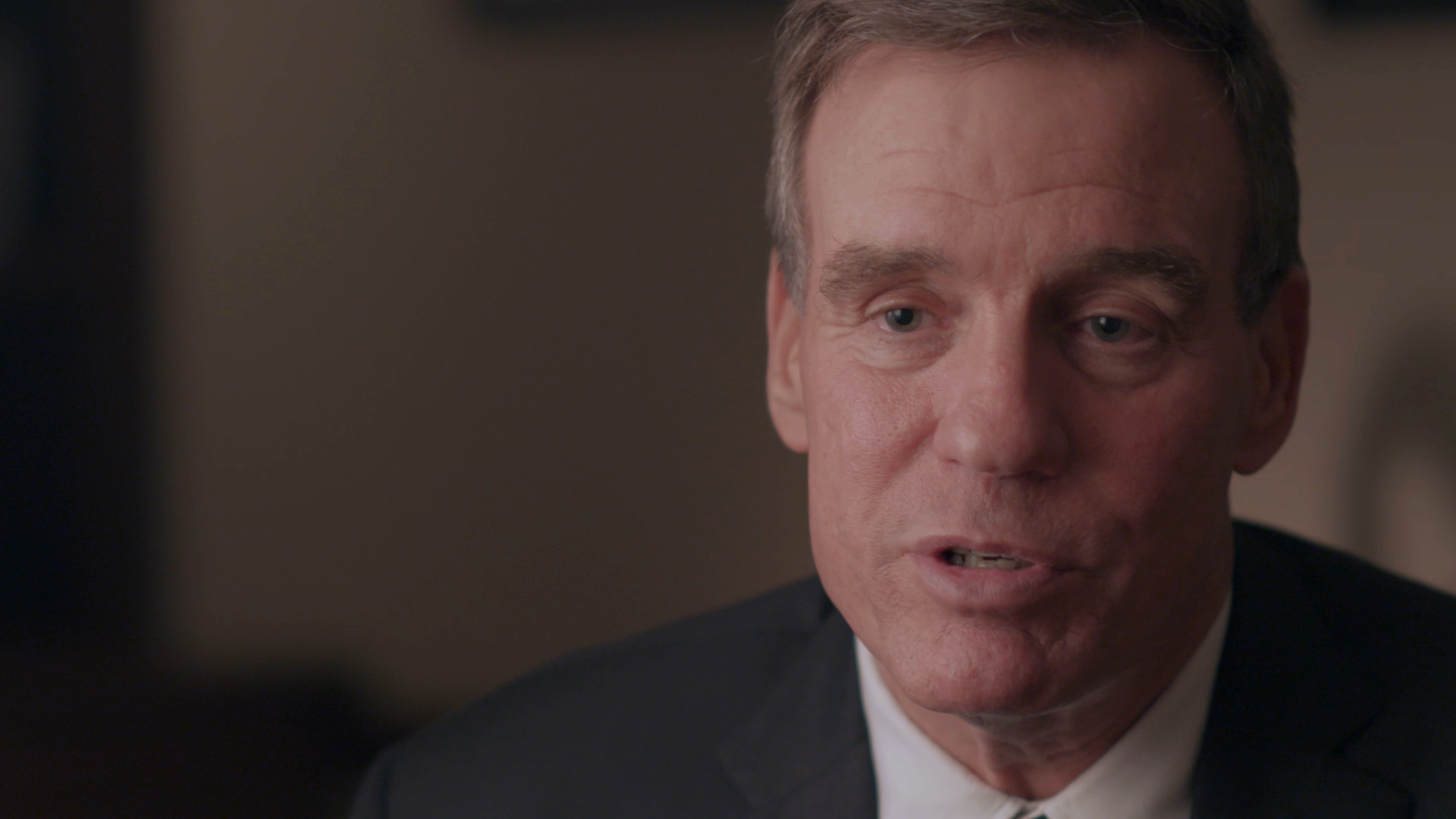
Mark Warner
(D) VA
Text
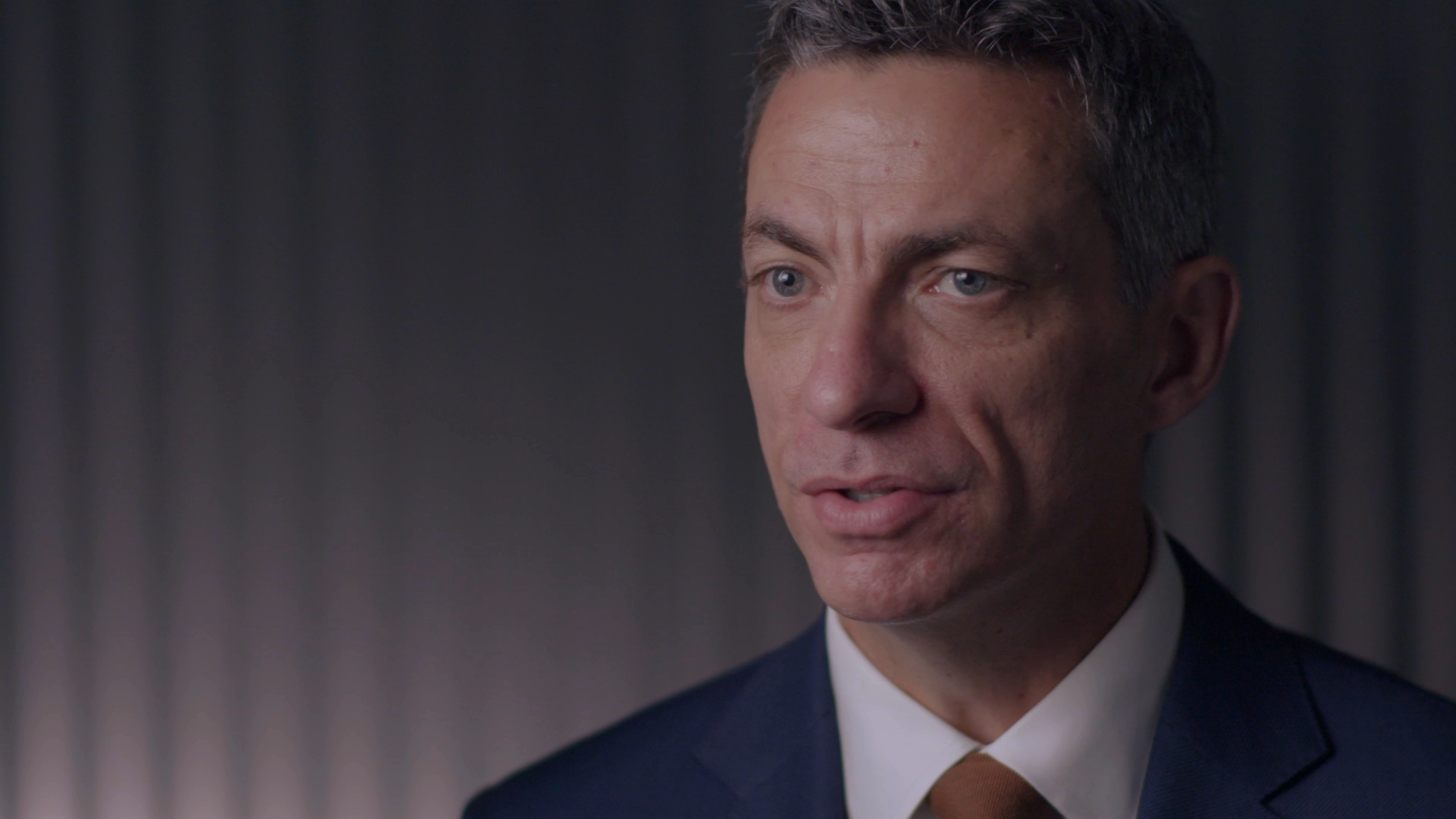
Clint Watts
Foreign Policy Research Institute
Text
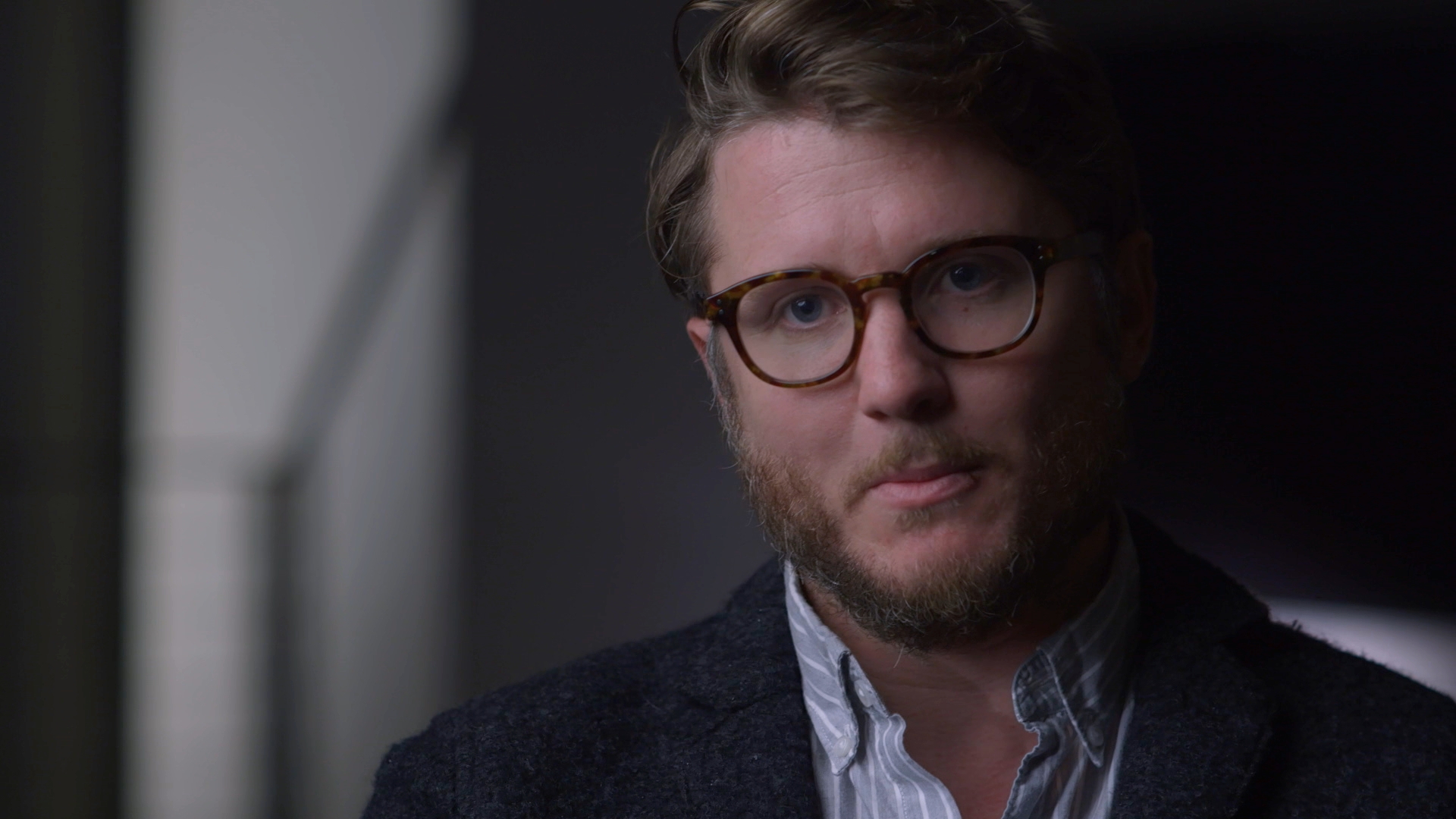
Sam Woolley
Computational Propaganda Project
Text
Support Provided By
